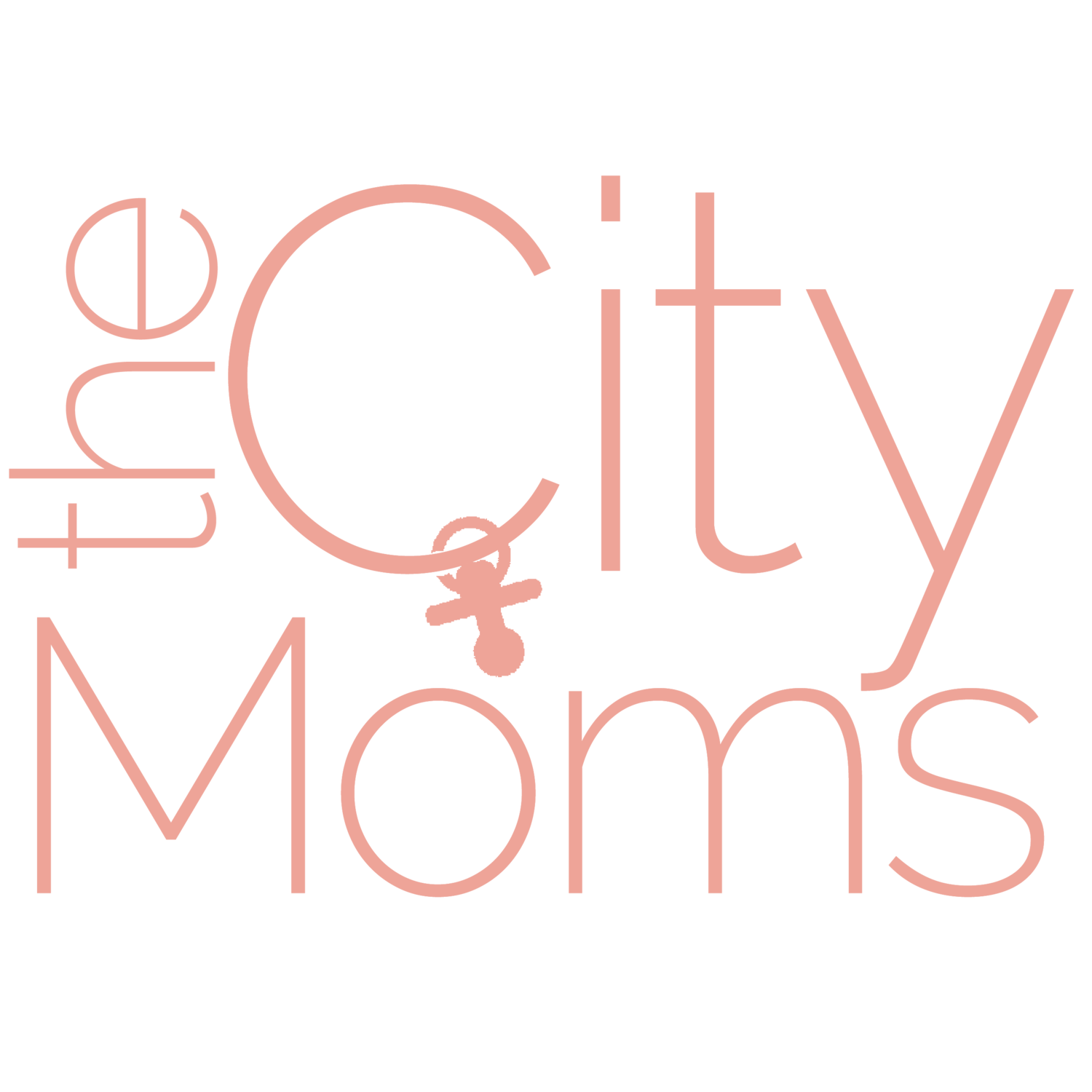Preparing a girl for her first period
Editor’s Note: This piece was written by author Claire on the heels of preparing herself to prepare her daughter for her first period. We understand this language may not be inclusive of all menstruating people and their experiences.
You may feel like it was just yesterday that you were picking up her first birthday cake or posing her for First Day of Pre-K photos by the front door, but every day that little girl of yours is growing up. While this is good and healthy, but also a time full of changes, questions, and concerns about her body and mind.
Experts understand that puberty and a biological female’s first period will typically occur anywhere from ages 8-13. The time to prepare her is before it arrives.
Here is a list to help as you work to educate her, but also ease any anxieties so she feels prepared and confident when the changes come…and you do too.
Prepare yourself
Get your own thoughts about the conversation together. Check your opinions and even your own experiences. The introduction of the topic of periods and puberty is nearly universal, but sometimes, can be impactful in ways that are not always great.
As a mother, aunt, Grandmother, or even just a female figure in a biologically young girl’s life, we have the opportunity to share and educate in a manner that is helpful, not shameful, or something to dread.
Prepare your own talking points, if it helps you, and be sure to be open to any questions and keep communication open always with your daughter.
Open Up the Conversation
Ugh. Sex talk. Blood. PMS. All things that feel awkward to talk about but are the facts of life. Getting a period is normal and healthy. Make this clear. Remind her that this isn’t just happening to her. All biological women get periods– their friends, teachers, coaches, and even their favorite celebrities, athletes, and scientists!
Also, make clear the normal symptoms that can come along with a period. These are things like slight fatigue, cramps, moodiness, headaches, and breast tenderness. Empower your daughter to listen to her body and share with her the mild pain management tools available to her, such as heating pads or these patches!
She should know that a normal period is not something that will limit her life once a month, but if it is, there are options available to her, even if it is something that warrants further discussion with her doctor.
Show Them
Don’t wait until it happens to show her how to use things like pads, tampons, menstrual cups, and period underwear. Take the time to walk her through each product and how to use them. Many young girls are most comfortable with pads for starting out. Be sure they understand the sticky side that goes on their underwear and not their skin like a bandaid would.
Period underwear may be something that, even as an adult, you may be unfamiliar with as they hit the market in more recent years. The technology is kind of neat. The underwear– that looks like any other pair of underwear– is made of absorbent, antimicrobial fibers designed to hold the blood of two tampons. Users share that they don’t experience a wet feeling, and they can wear them all day. However, if they do need to change them, they have to change into a whole new pair.
theCityMoms use affiliate links to support our staff and work, but our opinion is never influenced. We only share items we use and love.
Saalt Soft Menstrual Cups - Small & Regular - 2pk
Why theCityMoms love it:
Two Premium menstrual cups for light to heavy flow
Size Small: 2 to 3 tampon capacity
Size Regular: 3 to 4 tampon capacity
12 hours of protection day & night
Super soft and flexible, gentle design for bladder or vaginal sensitivity
For people who have had discomfort with firmer cups
Premier soft cup made from 100% medical-grade silicone
Includes one Small Saalt Soft Desert Blush cup, one Regular Saalt Soft Mist gray cup, and two carry bags.
Prepare
Together with your daughter, prepare a period kit or two to keep in her bathroom and even in her backpack or purse. In this kit, she should have tampons, pads, or whichever tool she prefers to use when on her period, mild pain relief medicine, and a clean change of underwear.
It may take a few cycles to establish a routine, but a typical menstrual cycle should be about 28 days. Teach your daughter to track it by looking at a calendar so she can think about how she needs to prepare for the many things keeping her busy, so her period is just a thing she has, not something that interrupts her.
While you prepare her, remember to prepare the men in her life, too! The more each and every one of us is comfortable and open to discussing menstruation, the less taboo it becomes. Not to mention, we all forget sometimes, and it means she can feel comfortable asking Dad or a brother to bring her a tampon.
As you embark on the next few years, remember that these changes are a stressful time for her, too. Try your best to be calm and open to moodiness, don’t disregard her pain or concerns, and always encourage her to communicate with you, positioning yourself on her team for all these changes and the many more that life will bring. If you need more support, your child’s pediatrician and your own gynecologist are great places to start.






